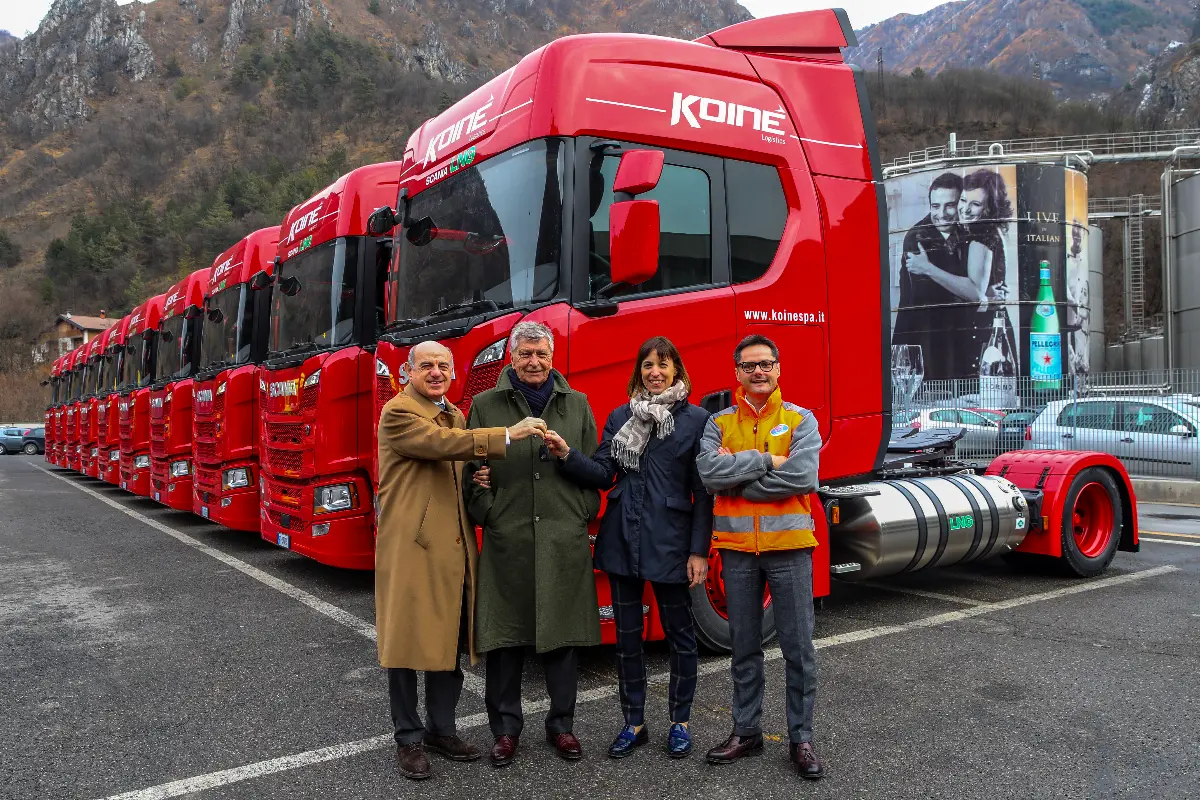
Do you want to access to this and other private contents?
Log in if you are a subscriber or click here to request service
Nestlé invests in logistics innovations to reduce greenhouse gas emissions
For its international water brands S. Pellegrino, Acqua Panna and Perrier

Nestlé is investing over CHF 100 million by 2030 in low-carbon logistics for its three international water brands S. Pellegrino, Acqua Panna and Perrier. This investment will focus on optimizing logistics routes and accelerating train transport, increasing the use of alternative fuels and transportation options and testing innovative alternative transportation options. By eliminating unnecessary journeys...
red - 28235
EFA News - European Food Agency
EFA News - European Food Agency